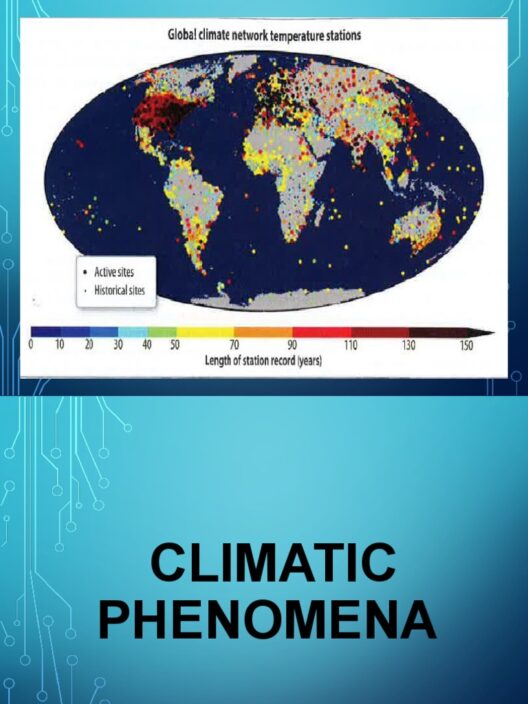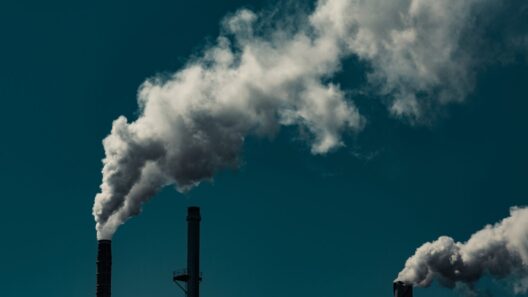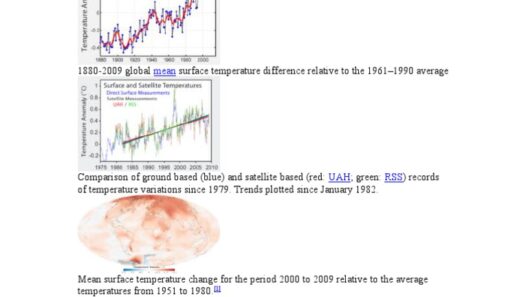Global warming is one of the most pressing challenges facing humanity today. It is an existential threat that has far-reaching consequences for ecosystems, economies, and societies. However, the good news is that there are numerous actionable steps that individuals, communities, and governments can take to mitigate this urgent crisis. Below, we explore practical solutions that can be integrated into our daily lives and policy frameworks to protect our planet from the ravages of climate change.
Beyond mere awareness, implementing tangible strategies is crucial in preventing further global warming. Addressing carbon emissions, conserving resources, and enhancing sustainability are pivotal to this endeavor. Here, we present avenues to curtail greenhouse gas emissions and foster a more environmentally friendly paradigm.
Enhancing Energy Efficiency: The Power of Reduction
One of the primary avenues for curbing global warming is enhancing energy efficiency. This can be approached at both the individual and institutional levels. Implementing energy-efficient practices in your home or workplace can significantly lower electricity consumption.
Consider adopting LED lighting, which uses up to 75% less energy than incandescent bulbs. Insulating homes and utilizing energy-efficient appliances are also essential steps. Large organizations must also lead by example, investing in energy-efficient technologies and practices. Automating systems to optimize energy usage and conducting regular energy audits can contribute to substantial reductions in energy waste.
Moreover, local governments can champion energy efficiency programs, providing incentives for businesses and households to adopt practices that reduce their overall energy demand. Incentives may include tax rebates, grants, or subsidized installations of renewable energy systems.
Transition to Renewable Energy: A Clean Power Shift
Transitioning away from fossil fuels toward renewable energy sources is critical in the fight against global warming. Solar, wind, hydroelectric, and geothermal power offer cleaner alternatives that do not emit harmful greenhouse gases.
Individual homeowners can capitalize on this shift by installing solar panels, which not only reduce reliance on fossil fuels but can also generate income through surplus power sold back to the grid. Communities can advocate for local wind farms or support energy co-operatives, which harness renewable sources to meet local energy demands sustainably.
Furthermore, governments must invest in renewable infrastructure and create policies that facilitate this transition. Implementing a carbon pricing system can incentivize businesses to innovate in clean energy technology while discouraging fossil fuel dependency. The addition of support for research and development in renewable sectors can drive down costs and accelerate the shift toward a greener economy.
Encouraging Sustainable Transportation: Rethinking Mobility
Transportation is a significant source of carbon emissions, warranting immediate attention. Promoting alternative modes of transport such as cycling, walking, and public transit can greatly diminish individual carbon footprints.
Investments in infrastructure that supports public transit systems—such as buses, trains, and subways—can provide efficient, low-emission options for daily commutes. Cities can also become more pedestrian-friendly by expanding sidewalks, bike lanes, and green spaces.
For those who drive, transitioning to electric vehicles (EVs) is an increasingly viable option as battery technology improves and charging infrastructure becomes more accessible. Governments can facilitate this transition through rebates for EV purchases and investments in charging stations across urban and rural landscapes.
Encouraging a cultural shift towards ridesharing and carpooling can significantly reduce the number of vehicles on the road. Collective initiatives within communities, such as organizing regular carpool days or promoting community ride-sharing apps, foster a sense of solidarity in environmental efforts while minimizing emissions.
Waste Reduction and Circular Economy: Rethinking Consumption
Waste management is another critical area where individuals and communities can end global warming. The prevalent linear economy model—take, make, dispose—leads to immense waste, pollution, and resource depletion. A circular economy, where waste is minimized, and materials are reused and recycled, provides a more sustainable alternative.
Buyers can contribute by choosing products with minimal packaging, supporting companies that prioritize sustainability, and adopting a habit of recycling. Composting organic waste not only prevents methane emissions from landfills but also enriches agricultural soils.
Communities can organize clean-up drives and awareness campaigns, educating residents on proper waste management practices. Local governments should also provide increased access to recycling facilities and composting programs, further embedding sustainable practices into the civic fabric.
Advocating for Policy Change: The Call to Action
While individual efforts are crucial, systemic change is essential in addressing global warming. Advocating for policies that support environmental protection and sustainability should be a collective responsibility. Engage with local representatives, participate in public forums, and support legislation aimed at reducing emissions and promoting renewable energy.
Grassroots movements can catalyze larger societal shifts. Joining or supporting environmental organizations can amplify voices calling for urgent action against climate change. Mobilizing through campaigns and petitions can establish a persistent dialogue with policymakers, pushing for necessary reforms.
Climate change is not merely an environmental issue; it’s a multifaceted challenge that requires comprehensive solutions across various domains. Individuals hold the power to enact meaningful change through energy efficiency, renewable energy transitions, sustainable transportation, and waste reduction. Coupled with strong advocacy for systemic policy alterations, we can collectively dismantle the mechanisms driving global warming. Protecting our planet is not just a responsibility; it is an opportunity to forge a sustainable future for generations to come.







